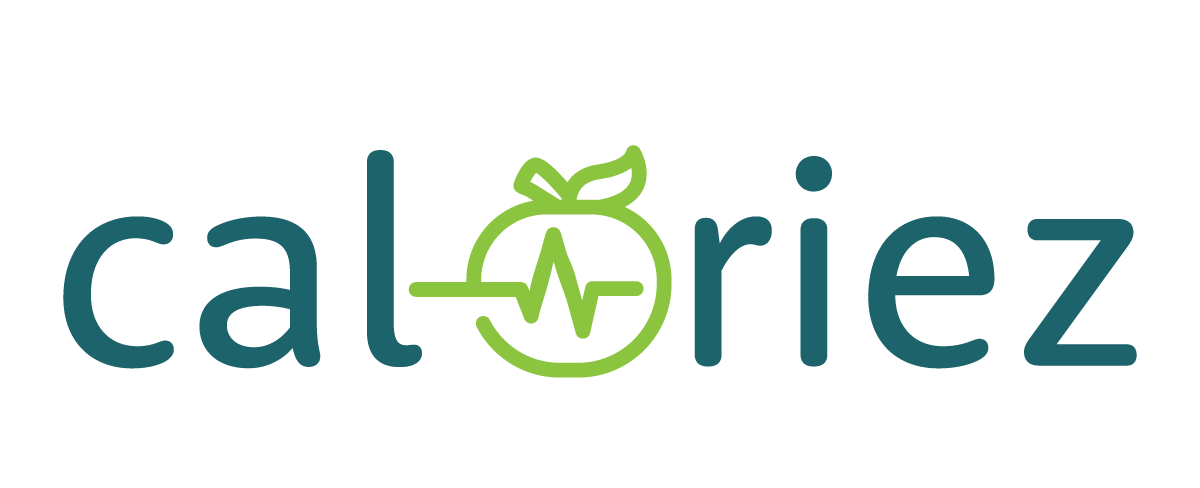Final October, to commemorate Psychological Well being Consciousness Week, a gaggle of scholars at Sacopee Valley Excessive Faculty in Hiram, Maine, created the annual Hope Board. Formed like an unlimited tulip and displayed within the foyer, the board was coated with nameless teenage aspirations. Some college students hoped to go driver’s schooling or have a profitable playoff season. Others expressed extra sophisticated wishes. “To be extra pleased than indignant,” wrote one pupil. One other wrote, “I hope persons are kinder and extra mature.”
Camryn Baron, 17, created the board as a founding father of Sacopee’s Yellow Tulip Staff, a pupil group dedicated to psychological well being. “It’s an outlet for some youngsters to have the ability to outwardly categorical and vocalize one thing that’s bothering them,” she mentioned.
Ms. Baron has struggled with an consuming dysfunction, nervousness and melancholy; she is bisexual and has not all the time felt supported. “The issues that quite a lot of us dismiss or battle with right here — to have the ability to share them with different folks is validating,” she mentioned.
Sacopee’s Yellow Tulip Staff is one among roughly 150 such golf equipment supported by the Yellow Tulip Challenge, a psychological well being schooling and advocacy nonprofit. Co-founded in 2016 by Julia Hansen, a excessive schooler in Maine who had misplaced her two finest pals to suicide, the nonprofit works to destigmatize psychological sickness and assist college students prioritize their emotional well-being.
At Sacopee Valley, the membership performs upbeat music to welcome college students every Monday and shares psychological well being info by means of morning bulletins. Every fall, it crops a Hope Backyard — 500 tulip bulbs this yr — and can have fun the flowers’ resilience within the spring with a youth wellness day of workshops and actions. On the group’s common conferences, college students would possibly talk about stress discount methods, in addition to the homophobia, socio-economic inequality and numerous stigma that many youngsters expertise of their conservative-leaning, rural neighborhood.
Lately, nonprofits that help school-based psychological well being golf equipment have discovered their applications in demand. The rise is the results of two phenomena: the rising variety of adolescents battling psychological well being and the dearth of assets to assist them. As faculties seek for options, typically it’s the scholars who’re main the hassle.
“After we take into consideration psychological well being, it’s not nearly disaster intervention,” mentioned Lisa Padilla, senior behavioral and social scientist on the RAND Company, who has studied psychological well being golf equipment. “The peer-based organizations are creating an setting within the college that claims, ‘We worth your well-being, and we all know that’s a part of who you’re as an entire individual.’ That message goes a protracted solution to make college students really feel protected and empowered to talk up about their very own wants.”




